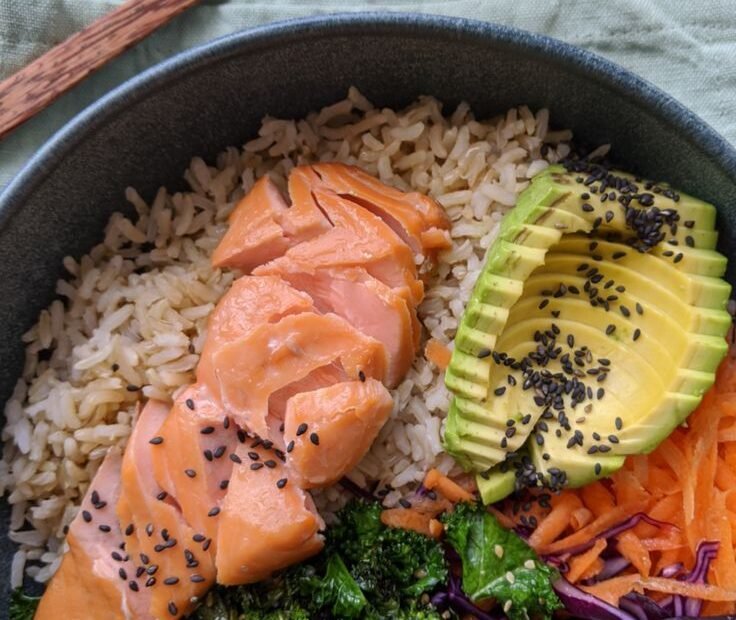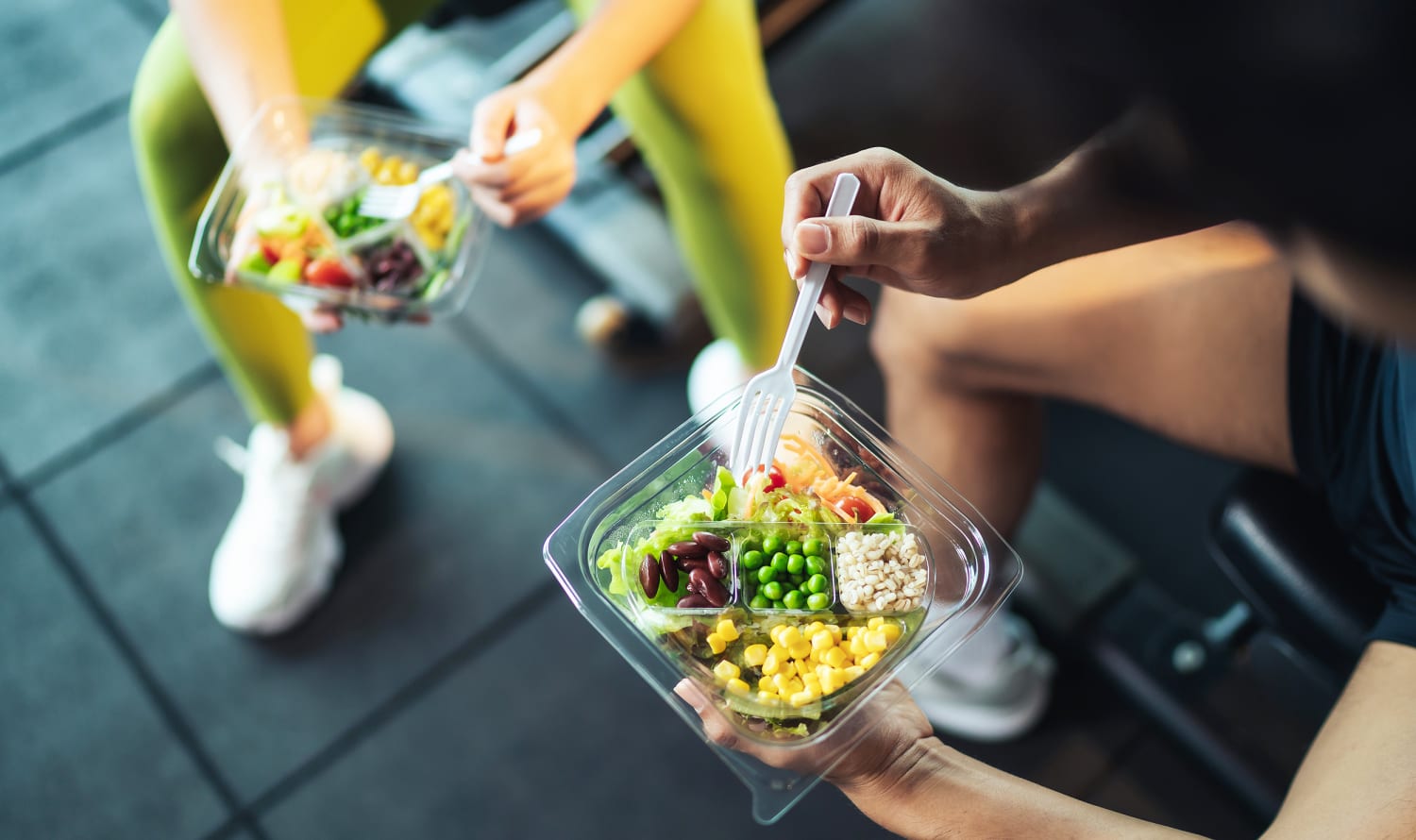Introduction
At FitYouth Empowerment, we understand that proper nutrition is as crucial as physical fitness for the overall well-being of at-risk youth. Good nutrition fuels the body, supports mental health, and helps develop healthy habits that can last a lifetime. Here, we provide practical and easy-to-follow nutrition tips to help at-risk youth make healthier food choices and maintain a balanced diet.
Thank you for reading this post, don't forget to subscribe!1. Start the Day with a Healthy Breakfast
A nutritious breakfast sets the tone for the rest of the day. Encourage youth to begin their day with a meal that includes:
- Whole Grains: Oatmeal, whole-grain cereals, or whole-wheat toast provide sustained energy.
- Protein: Eggs, yogurt, or a handful of nuts can keep them full longer.
- Fruits and Vegetables: Fresh fruits or a smoothie packed with veggies and fruits offer essential vitamins and minerals.
2. Choose Whole Foods Over Processed Foods
Whole foods are less processed and contain more nutrients compared to processed foods. Advise youth to:
- Opt for Fresh Produce: Incorporate a variety of fruits and vegetables in every meal.
- Pick Lean Proteins: Choose lean meats, fish, beans, and legumes instead of processed meats.
- Select Whole Grains: Replace white bread and pasta with whole-grain alternatives like brown rice, quinoa, and whole-wheat bread.
3. Stay Hydrated
Proper hydration is key to maintaining energy levels and overall health. Remind youth to:
- Drink Plenty of Water: Encourage them to carry a water bottle and sip water throughout the day.
- Limit Sugary Drinks: Avoid sodas and energy drinks, which can be high in sugar and empty calories. Instead, opt for water, herbal teas, or diluted fruit juices.
4. Practice Mindful Eating
Mindful eating helps youth develop a healthier relationship with food. Teach them to:
- Eat Slowly: Take time to chew and enjoy each bite, which aids digestion and helps recognize hunger and fullness cues.
- Avoid Distractions: Encourage eating at the table without the distraction of screens to focus on the meal.
- Listen to Their Bodies: Pay attention to hunger and fullness signals to avoid overeating.
5. Plan Balanced Meals and Snacks
Planning meals and snacks ahead of time can help youth make healthier choices. Suggest they:
- Balance Their Plate: Aim for a balanced meal that includes proteins, healthy fats, and fiber-rich carbohydrates.
- Healthy Snacking: Keep healthy snacks on hand, such as fruit, yogurt, nuts, and veggie sticks with hummus, to avoid reaching for less nutritious options.
6. Involve Them in Meal Preparation
Getting youth involved in meal preparation can make them more interested in healthy eating. Encourage them to:
- Cook Together: Make cooking a fun, educational activity where they learn about nutrition and food preparation.
- Try New Recipes: Explore new, healthy recipes together to keep meals exciting and varied.
Good nutrition is a vital part of empowering at-risk youth and promoting their overall health. By starting the day with a healthy breakfast, choosing whole foods, staying hydrated, practicing mindful eating, planning balanced meals, and involving them in meal preparation, we can help youth develop healthy eating habits that will benefit them for life. Join us at FitYouth Empowerment in our mission to support and empower at-risk youth through proper nutrition and fitness.
Click here to learn more about how to elevate your fit life with Fityouth empowerment !

